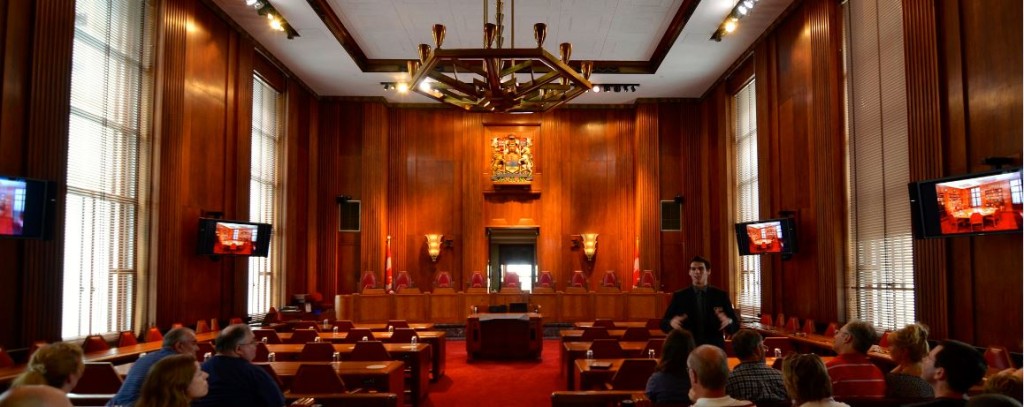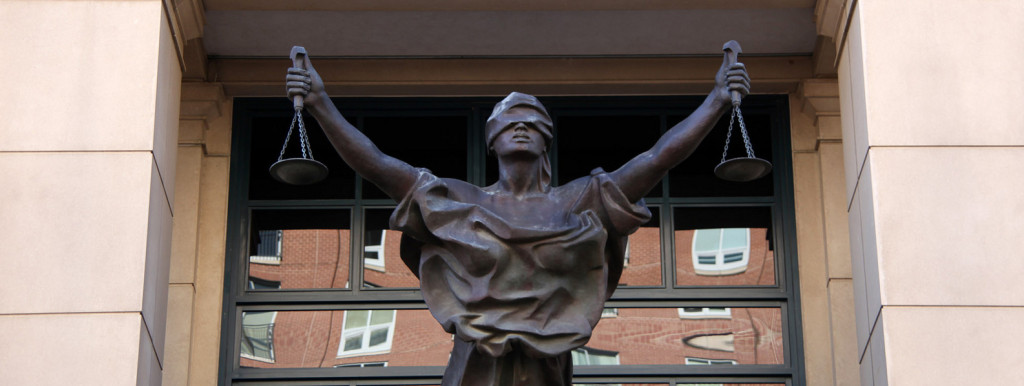Mussio Goodman Goes 4 for 4 at Trial in One Month: Court Awards Our Client Four Times ICBC’s Final Offer
Posted on by Mussio Goodman
It seems clear to us that ICBC’s recent litigation strategy is to offer far less than what claims are worth, with the expectation that injured victims will feel pressured into settling rather than go to trial. Perhaps this works with some claimants, but at Mussio Goodman, we encourage our clients to fight for what’s fair, even if that means having to do the hard work of taking their case to the BC Supreme Court.
Given our track record, we know the hard work pays off. You can find our three previous trial decisions in the last month here and here, and now, Mussio Goodman is pleased to announce our firm’s latest success in the BC Supreme Court. In Debruyn v. Kim, 2021 BCSC 620, the Court awarded our client $380,375, over four times what ICBC offered prior to trial.
Our client was a 31-year old single mother with a passion for personal fitness and exercise who was trying to start a career as a personal trainer after raising her child alone and recovering from a debilitating stroke in her early 20s. The accident rendered our client a shell of herself, suffering physical injuries including a tear in her shoulder, as well as PTSD and an exacerbation of a previously under-control panic disorder with agoraphobia. She became terrified of leaving her house, requiring hours of preparation to take her daughter to school – a 10 minute drive from her home.
ICBC challenged our client at trial, arguing that that the plaintiff was neither credible nor reliable. The court dismissed this argument, noting:
[111] The plaintiff was a very good witness. She was forthright, sincere, careful, and steadfast in her evidence. She did not attempt to embellish or exaggerate her symptoms or limitations. If anything, she tended to downplay her abilities before the Collision and enhance them after the Collision. Her genuineness as a witness was bolstered by her demeanour throughout, particularly during cross-examination. The truthfulness of her evidence was repeatedly borne out on cross-examination. She fully explained what appeared to have been inconsistencies between the clinical records and her evidence in court. She was undeniably a balanced, authentic, and sympathetic witness whose evidence I have no hesitation accepting in its entirety as credible and reliable.
Aside from challenging our client’s credibility, ICBC also sought to argue that her symptoms and limitations were due to her pre-existing health issues. They also sought to make her miscarriage and the termination of her pregnancy as a focal point of the trial by arguing those were the cause of her psychological symptoms rather that the accident. This was rejected by the court, which noted:
[116] Despite these pre-existing physical and psychological issues, the plaintiff was physically functional and active, in a positive place psychologically, and was motivated to become a certified fitness instructor.
…
[119] I do not accept that the plaintiff’s post-Collision miscarriage and pregnancy termination were intervening events that contributed to the psychological issues she is currently experiencing. Although there is no doubt that these events were depressing events for the plaintiff, as they would be for any person, her PTSD and other psychological issues had manifested long before these events occurred. The defendant has failed to establish that these events warrant a reduction in the plaintiff’s damages award.
Due to the complex physical and psychological nature of our client’s symptoms, a host of doctors and other medical experts provided evidence about our client’s condition. The court lauded three of our experts in particular, noting:
[103] Drs. Syal, Helper, and Muir were impressive witnesses who gave their respective evidence in an entirely objective and helpful manner. Indeed, each was the epitome of an expert who both understands and demonstrably carries out his role in the proceedings, namely, to assist the court rather than to advocate for one party or the other. I accept their opinion evidence, as supplemented by their oral testimony, without qualification. Dr. Muir, in particular, was a breath of fresh air in the atmosphere of medical expert evidence typically heard by this court in personal injury litigation. He was genuinely focused on what can and should be done to help the plaintiff through her problems. His candid evidence was both helpful and appreciated.
ICBC’s next line of argument was that the Plaintiff failed to mitigate her injuries but not undergoing a recommended shoulder surgery in 2018. While the experts agreed that an earlier surgery had a higher likelihood of success, they also noted it was necessary to reduce the swelling in her arm first. More importantly, they also acknowledged that her psychological symptoms presented a significant barrier to her treatment. The court acknowledged this, noting:
[171] I find that the plaintiff understood and appreciated the advice of her medical practitioners to undergo cortisone injections followed by arthroscopy labrum repair to her left shoulder. However, I accept the evidence of Dr. Muir that the plaintiff’s failure to engage in these treatments was likely neither deliberate nor voluntary, but rather the result of her being psychologically incapable of following the advice due to her Collision-related PTSD on top of her pre-existing panic disorder.
This case is illustrative of the value of effective experts. The speculative and biased arguments frequently made by ICBC and seen here can be overcome with a competent, honest, and fair medical expert. Mussio Goodman is well-versed in dealing with ICBC’s experts, and can ensure that the most effective voices are before the court to present a fair case for any client.



